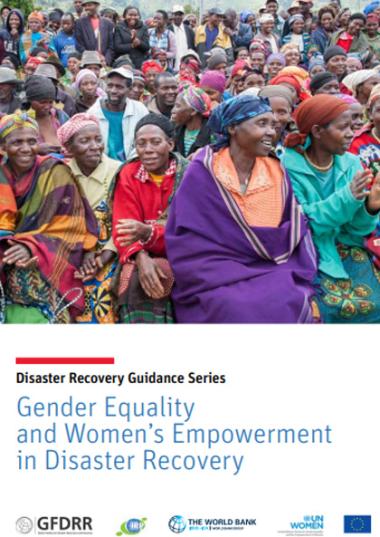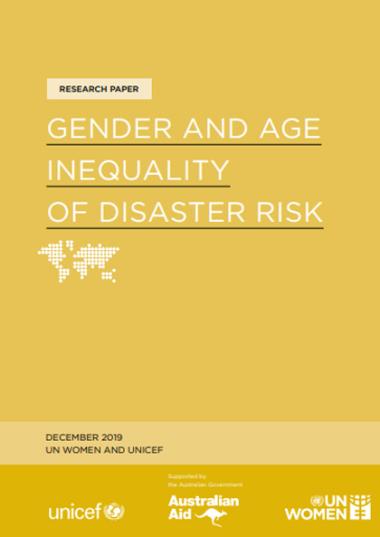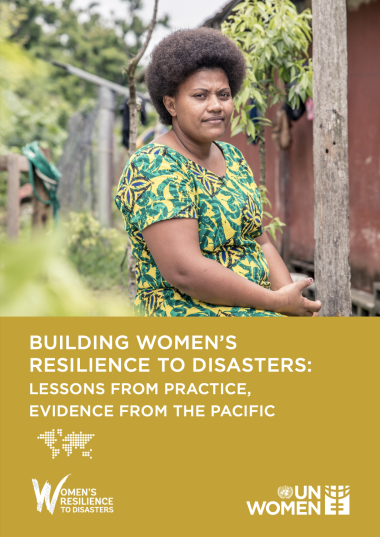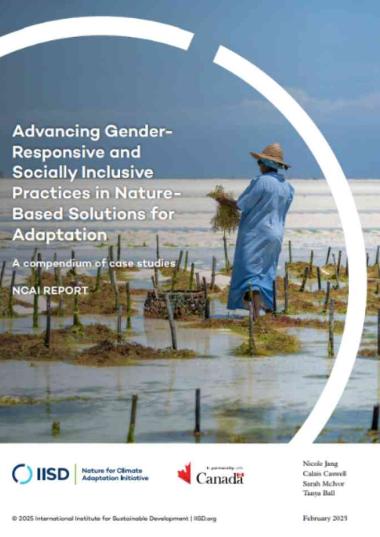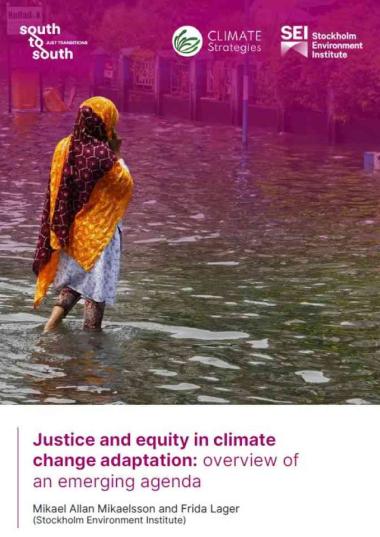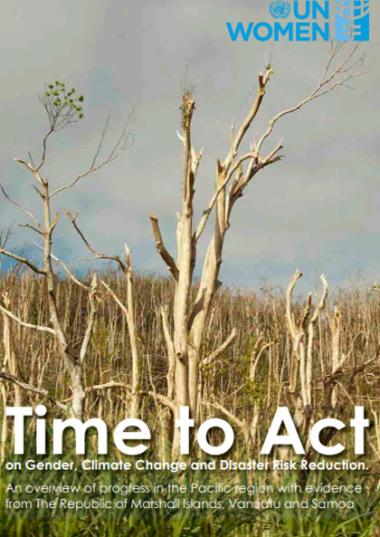
his paper presents the key findings of a research project that investigated women’s and men’s vulnerability to drought in Fedis woreda, a district located in Eastern Ethiopia. It focuses on the gendered impacts of drought on rural livelihoods in dryland areas. The research used a comparative assessment of both men’s and women’s susceptibility and coping capacities.
The policy recommendations proposed in this paper are the following (pp. 20-21):
- The interventions delivered under the Ethiopian Poverty Reduction Plan and the Food Security Programme should strengthen their gender focus and ensure equitable outcomes for men and women.
- Labour-saving infrastructure investment, such as providing energy, water and sanitation, and improvements in service provision can reduce the care burden and women's vulnerability.
- The legal framework needs to enhance women’s participation and leadership roles and to enable poor women’s access to information.
- Governmental efforts to reduce soil erosion should be sustained and strengthened. More afforestation projects should, for example, be implemented so as to restore green areas depleted through firewood collection.
- Women should be made central actors in decision making in any attempt to reduce household’s vulnerability to drought.
